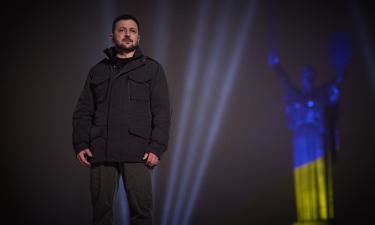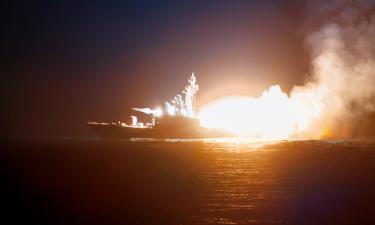EUROpeans vs. EUROcrats – A CONTINENT DIVIDED
The “NO” vote in Denmark shows what EU politicians have always feared – a continent which is deeply divided politically, economically and socially. The people of Denmark voted this week by 54% to 46% not to adopt the Euro as national currency, repeating a trend in most EU countries when there is a referendum about EU issues : a 50/50 division. In 1992, in the countries which held a referendum about the adoption of the clauses of the Maastricht Treaty, in which the member states agreed to pass legislative powers to the European Commission, the result was practically the same. Some countries did not even hold a referendum (the UK and Portugal, for instance) because the respective governments knew that the NO vote would win. However, they adopted the treaty in their national constitutions for the sake of unity…and to avoid retaliation. Maastricht was the first step towards the creation of a Federal State. Now, a European Union army is being formed and should be operational by 2003. The Single Currency, the Euro, should be in people’s pockets by the middle of 2002 - in the countries which adopt it. And here is the crux of the matter. Not all countries want the Euro. In the UK, opinion polls show that up to 80% of the population would vote against it and the issue has become a central policy issue for the political parties. The ruling Labour Party is in favour of adoption, but not now. The main opposition Conservative party states that under a Conservative government, “the pound in your pocket is safe”, (as a political slogan states). The Liberal democrats, the third main political force in the UK, is in favour of a referendum. Now with the vote in Denmark there is further conclusive evidence that not all people living in the member states want to see their national sovereignty handed to the Commission in Brussels. Another example of discontent was shown recently by Portuguese farmers, fined by Brussels for producing too much milk. The Common Agricultural Policy fixes quotas for the member states and their agricultural products. Farmers and fishermen are given strict limits which they cannot exceed. Meanwhile, half of the Third World is starving and food prices in the EU remain the highest in the world. Furthermore, enormous quantities of food are destroyed each year because the products do not meet the strict regulations stipulated by Brussels. Earlier this year, Portuguese orange growers were ordered to destroy thousands of tonnes of oranges because they were half a centimetre too small. Instead of, for example, distributing the fruit to Third Age Homes, schools or hospitals, the authorities were ordered to bury the oranges so that people could not eat them! History has proved before that it is not possible to stitch countries together by drawing lines on maps. One only has to look at the straight lines which define the national frontiers of many African countries to see that European colonial powers had no regard whatsoever for centuries-old tribal territories. Many of the ills of present-day Africa stem from this policy. It seems that today, history is repeating itself – in Europe. The “Eurocrats”, as the Federalist politicians in member states are called (remembering the word bureaucrats) want to create a federal, pan-European state…the problem is that the populations do not want it.
Timothy BANCROFT-HINCHEY Correspondent of PRAVDA.Ru Lissabon
Subscribe to Pravda.Ru Telegram channel, Facebook, RSS!





